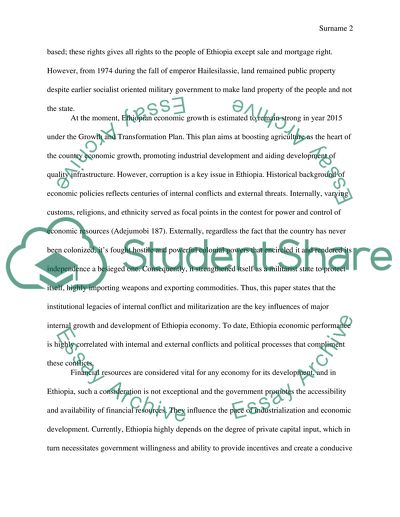Cite this document
(Business and Political Opportunity of Ethiopia Coursework, n.d.)
Business and Political Opportunity of Ethiopia Coursework. Retrieved from https://studentshare.org/geography/1688634-country-project
Business and Political Opportunity of Ethiopia Coursework. Retrieved from https://studentshare.org/geography/1688634-country-project
(Business and Political Opportunity of Ethiopia Coursework)
Business and Political Opportunity of Ethiopia Coursework. https://studentshare.org/geography/1688634-country-project.
Business and Political Opportunity of Ethiopia Coursework. https://studentshare.org/geography/1688634-country-project.
“Business and Political Opportunity of Ethiopia Coursework”, n.d. https://studentshare.org/geography/1688634-country-project.


